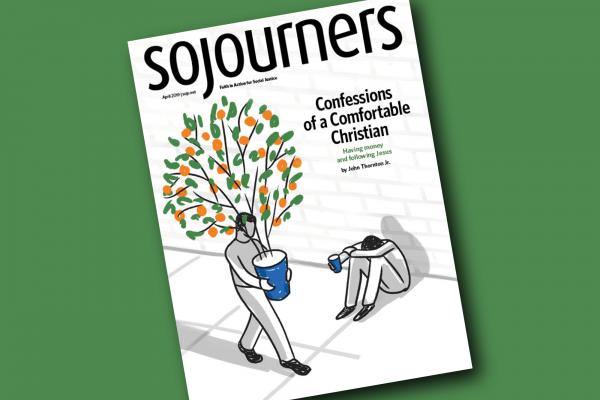IF YOU PROVIDE 48 hours’ notice and $2,000, Industry Kitchen, a New York City restaurant near Wall Street, will serve you a pizza covered with edible 24-karat gold. In response to an article promising “7 gold-covered foods” that “will break your bank,” Washington Post opinion columnist Elizabeth Bruenig tweeted that “covering good food in expensive garbage” is “for rich people who have so much money they can’t think of anything else to do with it than literally turn it into [excrement].”
We don’t have that kind of money; our idea of fancy food is forking over an extra buck or two for avocado on our sandwich. But though we don’t eat gilded food, we have to confess that we’ve fallen short on following Jesus’ instructions to sell all we have and give to the poor. “I drive a car, go on vacation, and eat at restaurants with friends,” writes John Thornton in “What the Bible Doesn’t Say about Financial Security.” “I have health insurance, a bank account, and a job.” So do we.
Read the Full Article

